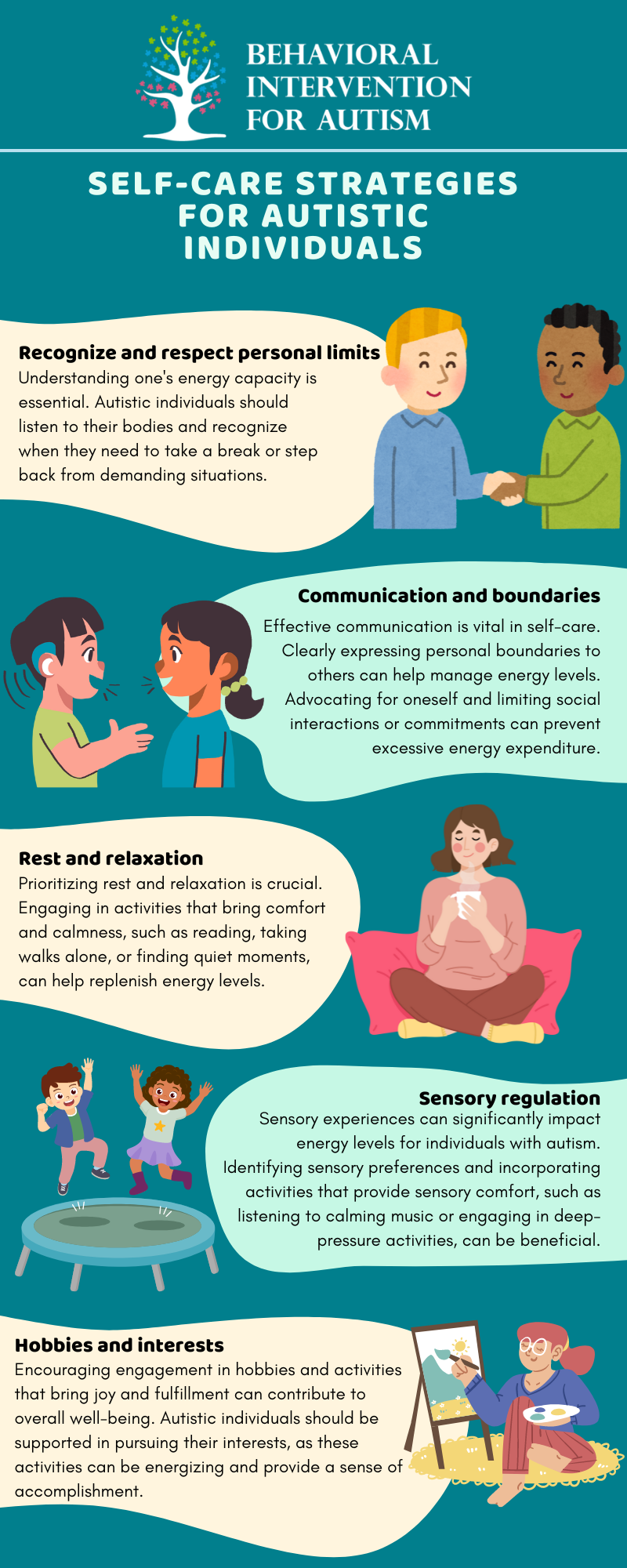For decades, the scientific community has grappled with understanding autism spectrum disorder (ASD), a complex neurodevelopmental condition that affects millions worldwide. As research evolves, so do the theories surrounding its causes and treatments. Among these, one controversial theory linking vaccines to autism gained significant attention before being debunked. However, recent developments have prompted scientists to revisit certain aspects of this theory, shedding new light on potential correlations that were previously dismissed.
In the ever-evolving landscape of neuroscience and psychology, revisiting past assumptions can lead to groundbreaking discoveries. This is particularly true in the field of autism research, where new evidence continues to emerge, challenging long-held beliefs. Today, as we delve deeper into the complexities of ASD, it becomes crucial to explore how reconsidering discredited theories might unveil surprising truths about autism's origins and manifestations.
Revisiting Andrew Wakefield's Controversial Claims
Andrew Wakefield's original claims regarding a link between vaccines and autism sparked widespread panic and skepticism within the medical community. Although his research was later retracted due to flawed methodologies and ethical violations, the ripple effects of his assertions persisted for years. Social media platforms played a pivotal role in disseminating misinformation, further entrenching public distrust in vaccinations.
Despite the overwhelming consensus among experts dismissing any causal relationship between vaccines and autism, emerging studies suggest there may be merit in examining specific biological mechanisms more closely. For instance, investigations into gut-brain interactions or immune responses could provide alternative explanations for observed symptoms without implicating vaccines directly. Such nuanced approaches highlight the importance of rigorous scientific inquiry over hasty generalizations.
This renewed focus on scrutinizing past hypotheses underscores the evolving nature of science itself. By critically reassessing earlier findings through modern lenses, researchers aim not only to validate or refute previous claims but also to uncover novel insights that advance our collective understanding of autism spectrum disorders.
Exploring Psychological Correlates in Autism
Psychological correlates associated with handedness and corpus callosum asymmetry in individuals diagnosed with autism offer intriguing avenues for exploration. The left hemisphere dysfunction theory, which posits impaired neural connectivity within the dominant hemisphere, has been revisited by contemporary scholars seeking to refine diagnostic criteria and therapeutic interventions. These studies emphasize the need for personalized approaches tailored to each individual’s unique neurological profile rather than relying solely on generalized assumptions.
Furthermore, examining psychological factors such as self-stigma experienced by some autistic individuals highlights the broader social implications of labeling practices. Research conducted by Howard S. Becker and others suggests that societal perceptions significantly influence personal identity formation among those on the spectrum. Addressing these challenges requires fostering inclusive environments where diversity is celebrated instead of stigmatized.
As we continue to unravel the mysteries surrounding autism, integrating both biological and psychosocial dimensions becomes essential. Understanding how various elements interact within an autistic person's lived experience enables us to develop holistic strategies promoting well-being across all facets of life.
Serotonin's Role in Autism Spectrum Disorders
Serotonin, often referred to as the feel-good neurotransmitter due to its association with mood regulation, plays a critical role in brain development during early childhood. Recent studies indicate a possible connection between serotonin dysregulation and autism spectrum disorders. Specifically, altered levels of serotonin during critical periods of neural maturation might contribute to atypical patterns of brain organization characteristic of ASD.
While initial theories proposed direct causality between serotonin imbalances and autism, current perspectives advocate for a more nuanced interpretation. Instead of viewing serotonin abnormalities as singular determinants, they are increasingly regarded as part of a larger network involving multiple genetic and environmental factors. This shift towards systems-level thinking reflects advancements in neuroscience methodology capable of capturing intricate interdependencies underlying complex conditions like autism.
By incorporating serotonin-related findings into comprehensive frameworks addressing diverse aspects of autism etiology, researchers hope to identify biomarkers facilitating earlier detection and intervention. Ultimately, enhancing our comprehension of serotonin's multifaceted roles promises transformative impacts on improving quality of life for individuals affected by autism spectrum disorders.

